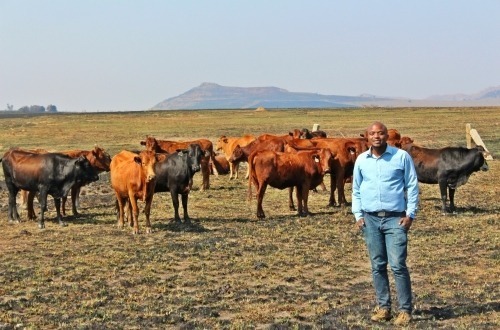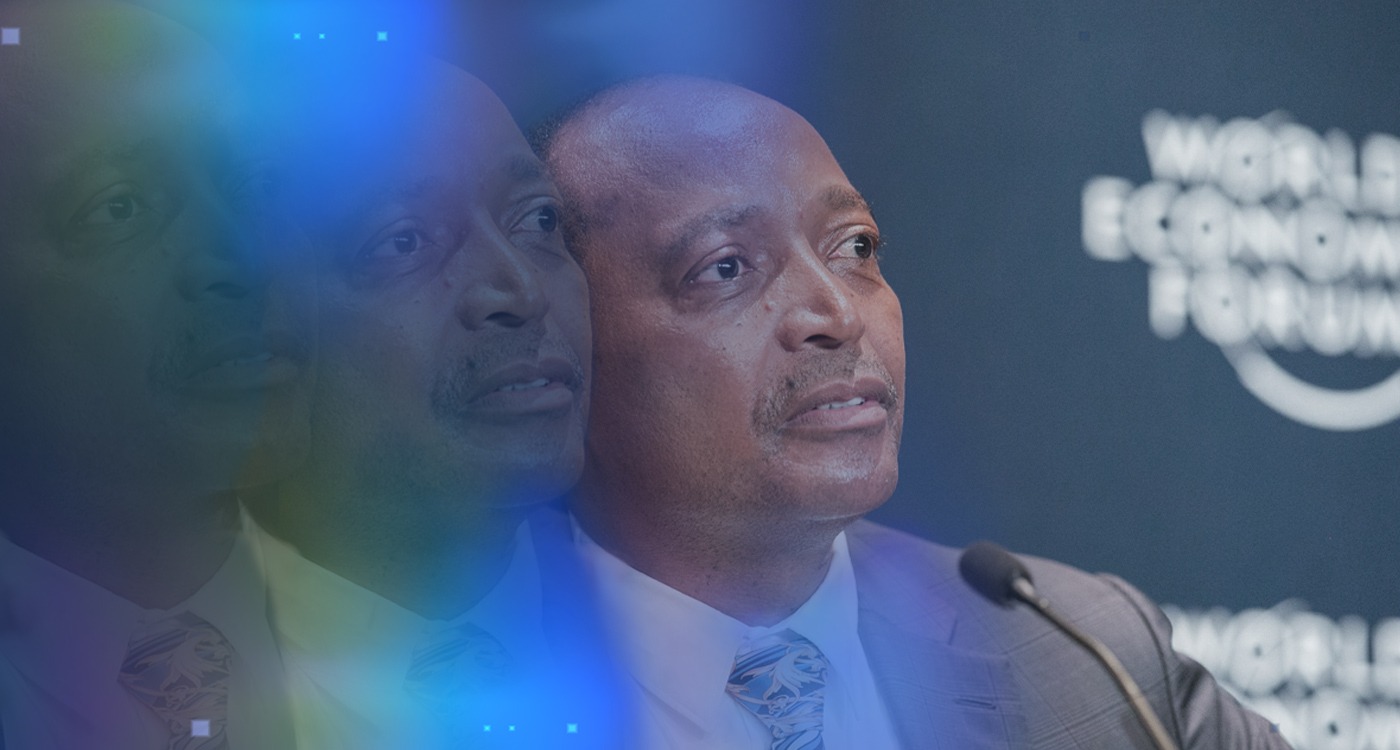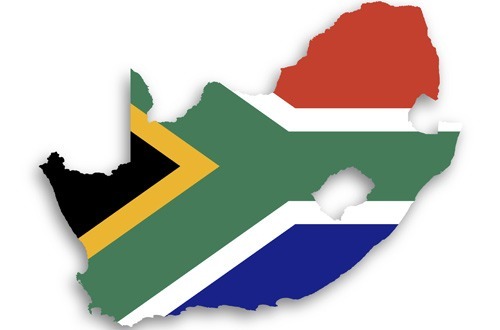The 2017 SAB Foundation Social Innovation and Disability Empowerment Awards winners were announced in Johannesburg recently. Over R9 million in prize money was distributed among the 24 small businesses.
Social Innovation Award winners
The first prize of R1.3m was awarded to GrassBeef by Livestock Wealth. GrassBeef, developed by Ntuthuko Shezi, is a new healthy way of producing beef that involves the upliftment of rural communal cattle farmers. Livestock Wealth assists communities to produce good quality calves and provides an off-take agreement (by which they purchase the communities’ future production). The calves are then moved to a commercial farm setting and external investors are brought in to own the calves and provide for their upkeep. The new owner of the cow gets an annual return on investment of approximately 15% from the sale of the meat.
The second prize of R750,000 went to RailPro under the leadership of Ed Magan – the developers of the RailBus – a cost effective, low tariff transport solution that drives on road and rail. Using under-utilised rail networks both in South Africa and in many other countries, RailPro aims to deliver a lifeline to rural people and businesses. RailPro has won the SABS Design Excellence Award.
In joint third place, with prize money of R500,000 each, are ChemStart and Ivili Lloboya (Cashmere Production).
Development Awards (worth R400,000 each) were awarded to I-Drop Water and Abalobi, and another two Development Awards (worth R300,000 each) were awarded to Commuscore and the Umgibe Growing System respectively.
Ten seed grants of R150,000 were awarded to HearScope, Balambie, Auto Turtle, Iziko Stoves, Vuleka, Smart Agri Solutions, Seebox, Excel@Uni, Timu Trust and the Aqua Test Kit.
“The submissions for this year’s awards have been remarkable. It is our hope that they will go on to provide sustainable and scalable solutions for South Africa and beyond. We are proud of the role the SAB Foundation plays by assisting innovators, both financially as well as with technical and business support,” says Bridgit Evans, SAB Foundation director.
Disability Empowerment Award winners
GreenABLE and Brownies& Downies were announced joint first place winners receiving R1m each. GreenABLE is a non-profit company which strives to empower and develop disabled individuals.
Brownies & Downies is a coffee shop and lunchroom which serves as a training centre for people with intellectual disabilities and currently employs 36 people.
The Rural Handbike for wheelchair users and Smergos, which creates a range of wheelchair bags and other accessories, were both awarded R400,000 in joint second place.
In joint third place with prize money of R150,000 each are Finger Talk and Proxisee. Finger Talk is South Africa’s first mobile app for learning South African Sign Language (SASL). Proxisee is a mobile app, which aims to bring a sense of “sight” and navigation to blind or visually impaired persons by means of audible (sound) and touch sensitive (vibrations) signals.
“To date 105 entrepreneurs have benefited from the awards, which has resulted in 167% increase in jobs and a 245% increase in turn-over. We see these awards as the first step in what will be a long and fruitful relationship with these innovators and entrepreneurs. The intention of the foundation is to see these valuable businesses through to commercialisation to the benefit of all South Africans,” says Evans.
Eastern Cape Tea Industry To Be Revived
Eastern Cape MEC for Eastern Cape Rural Development and Agrarian Reform, Mlibo Qoboshiyane, is expected to visit the Magwa Tea Estate in Lusikisiki next month for the first harvest following four years of dormancy.
As part of the processes to rescue the province’s two tea estates, the provincial government resolved to issue an expression of interest call aimed at attracting the private sector to invest in the incorporated tea estate.
Majola tea estate was incorporated into the Magwa tea estate following a court process after workers resolved to join the two tea estates to form a single incorporated tea estate.
This year 100 percent of the Magwa tea estate ownership was transferred from the Eastern Cape Development Cooperation (ECDC) to the Department of Rural Development and Agrarian Reform (DRDAR) and a new shareholding structure was developed to attract private sector investors.
Qoboshiyane said the proposed new shareholding structure of the incorporated tea estate would give the private investor a controlling 51 percent shareholding, 26 percent to the community, 13 percent to the employees of the tea estate and government would hold a 10 percent shareholding.
The private equity partner will be required to fund the 51 percent equity share by contributing 51 percent of the funding required in the approved business plan.
A lease agreement with the community in lieu of the 26 percent shareholding may also be considered in proposals.
He said stakeholders associated with the tea estate operations were being consulted and engaged on the process of the business rescue plan as well as on the long-term financial sustainability of the tea estate.
“The business rescue practitioner engaged workers, managers, and shop stewards of Magwa and Majola tea estates, traditional leaders, communal property associations and potential investors on the business rescue processes,” he said.
Qoboshiyane said that provincial treasury committed to allocate R116 million for the tea estate rescue process to improve tea production on the incorporated tea estate.
“We invite private individuals or corporations interested in investing in tea production to respond to this expression of interest to commercialize tea production in the Eastern Cape so that we can contribute towards economic growth, create jobs and improve rural economy of the province,” said Qoboshiyane. (via African News Agency)
Winners Of Open Data Hackathon To Be Announced Today
The City of Cape Town is hosting a hackathon at the Khayelitsha Bandwidth Barn to challenge teams to solve real problems faced by Cape Town’s tourism industry. Winners will be announced today.
The city’s Open Data Portal, launched in 2015, makes data freely available online to members of the public, empowering them to come up with innovative entrepreneurial ideas and clever solutions to issues facing residents.
A hackathon brings together a diverse group of people with a wide range of IT-related skill sets to compete in solving social and economic problems, making it a platform to find new uses for the city’s open data.






